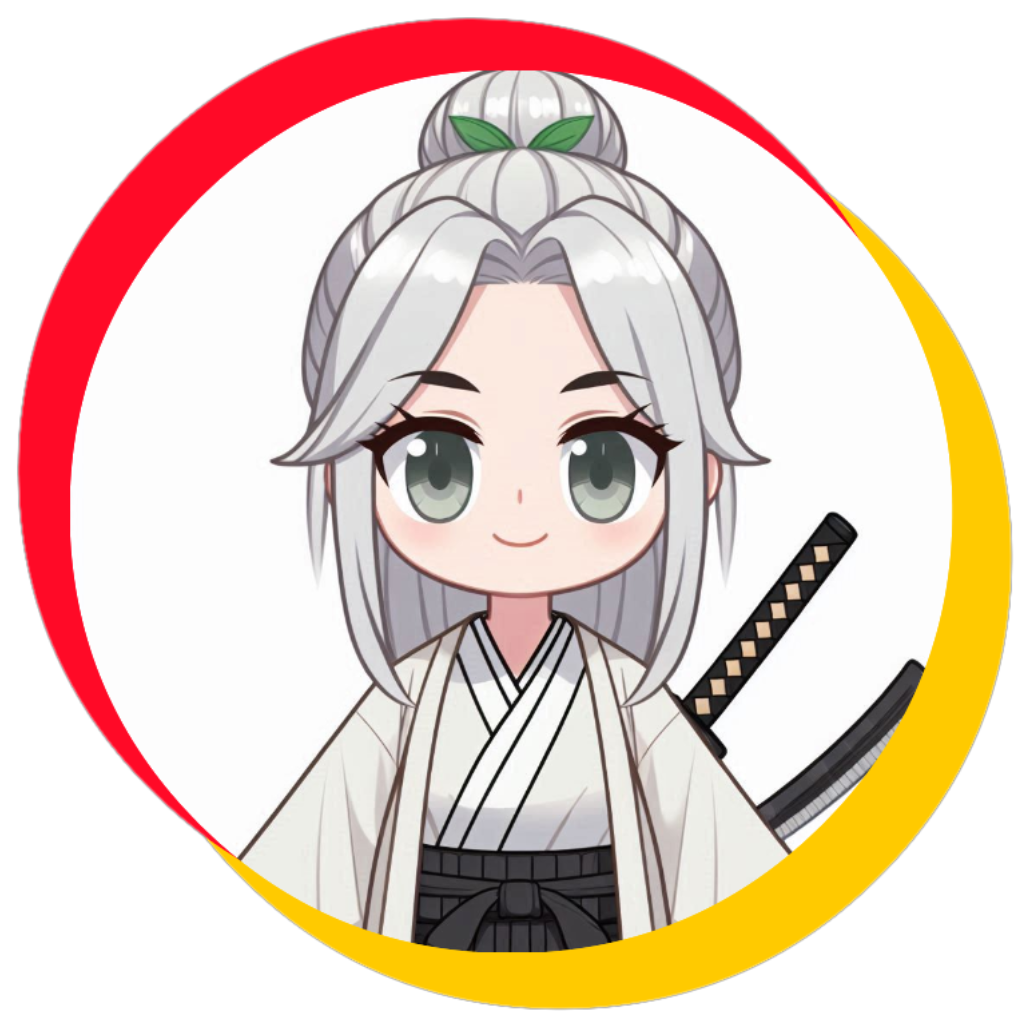Lessons from Japan’s elementary classrooms
This week, I had the chance to watch a thought-provoking event hosted by the Japan Society of Northern California, featuring the documentary The Making of a Japanese by filmmaker Ema Yamazaki. The film offered a deeply personal and nuanced look into the Japanese elementary school system, one that is often admired globally for its emphasis on teamwork, discipline, and community spirit.
But admiration alone doesn’t tell the whole story.
Copyright Ema Yamazaki
What struck me most was the duality of this system. Yes, Japan is often envied for its collective mindset and the way children are taught to work together from a young age. Tasks like cleaning the classroom, serving lunch, and group activities are all part of learning how to “be a good Japanese.” These rituals instill a sense of responsibility and belonging. Yet, the same system can also foster environments where bullying festers, especially when conformity becomes the measure of success.
The documentary doesn’t shy away from this tension. It gently but powerfully reveals how teachers carry the weight of creating a safe and nurturing environment, often at great personal cost. Many are transferred every two years, a practice that can be emotionally taxing.
Still, their dedication is palpable. One of the most moving scenes showed teachers crying alongside their students during a sixth-grade graduation ceremony, a testament to the deep bonds formed over time.
I was especially touched by the way the film highlighted team spirit among educators, and the culture of gratitude that permeates their work. It’s a reminder that mindfulness isn’t just about individual well-being, it’s also about the collective care we show one another, especially in formative environments like schools.
What makes this documentary even more remarkable is the commitment behind it. Ema Yamazaki spent 10 years bringing this project to life, including 150 days of filming at a single elementary school, capturing hundreds of hours of footage. That level of dedication speaks volumes about the depth of her connection to the subject matter and her desire to portray it authentically.
Although I couldn’t attend the live Q&A session, I later watched it on YouTube. Hearing Ema Yamazaki speak about her motivations added another layer of depth. She shared how living in New York made her reflect on the profound impact her Japanese elementary school experience had on shaping her identity. It was this realization that inspired her to make the documentary, a journey of rediscovery and understanding.
As we start this week, I’m carrying with me a renewed appreciation for the educators who shape our communities, and this resonates deeply with me. Coming from a family of teachers, I’ve seen firsthand the emotional labor, resilience, and heart that the profession demands. I never imagined I’d become an educator myself, but now that I’m teaching adults about Japanese culture and HR, I’ve found it incredibly rewarding.
Still, I’m deeply grateful that my students aren’t children, because watching this documentary reminded me just how much more is asked of teachers in elementary schools. Their role goes far beyond academics; they help shape character, community, and compassion. It’s a powerful reminder that the environments we create, whether in schools, workplaces, or homes, can shape not just behavior, but identity.
If you’ve ever found yourself reflecting on your own school days, I’d love to hear: do you look back fondly on your time in elementary school?


